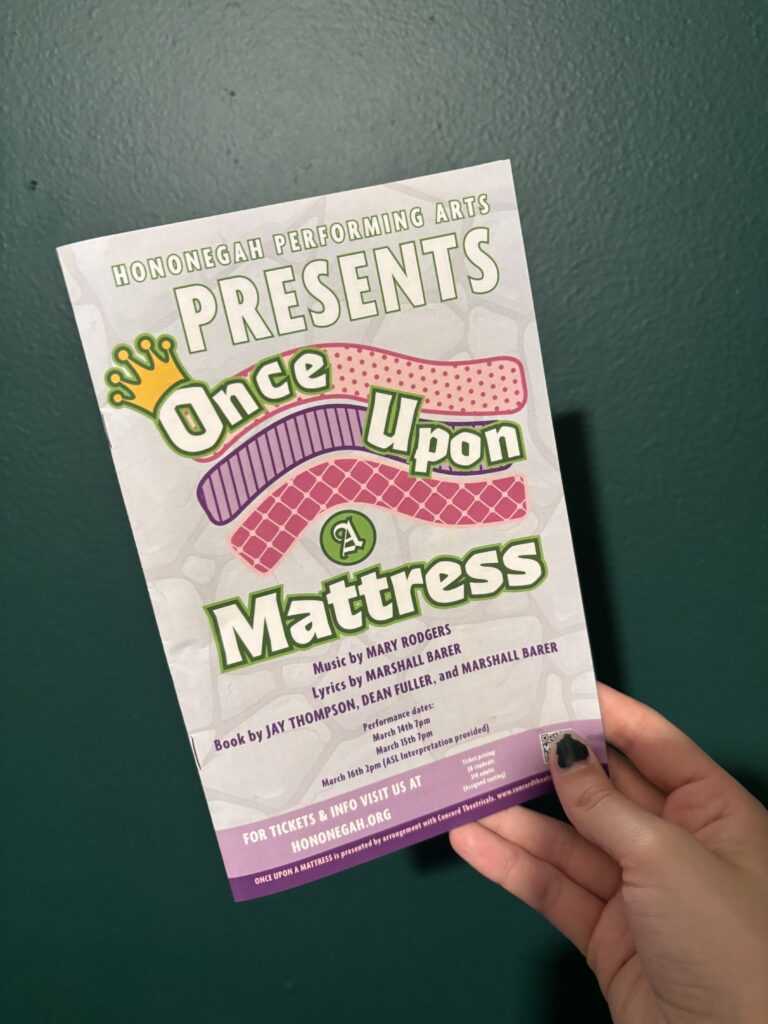
A world where students aren’t graded solely on tests and numbers is here. A handful of professors at Rock Valley College have a new approach to grading: ungrading.
Suzanne Miller is the Associate Professor of Sociology at Rock Valley College and has implemented the “ungrading” approach. “The idea is if we don’t have to focus on the points associated with an assignment, then our focus can be on the goal of the assignment.” Professor Miller explains that this method aims to take the pressure off a letter grade and asks the learner to hone in on the content.
By changing the focus from grades to overall learning, assignments are seen as “learning opportunities crafted by the instructor to help students increase their proficiency around learning outcomes”. Professor Miller asks students the letter grade they want to have by the end of the semester. She puts that letter into the gradebook and has students reflect on that grade throughout the course based on their performance.
Miller recognizes the students in her classes come to class with different goals, lives, and learning styles, so she works to help students increase independence as students. She’s had a great deal of success through “ungrading”.
“I have found that the vast majority of learners in my classes seem to enjoy the stress of grades removed. If you are doing the work and exemplifying your learning through completing the assignments, you’re probably doing well in the class.”
Additionally, she has found an effective way for students to succeed in her classes by explaining why they’ll be learning something. “For each assignment, I provide the assignment’s ‘what’, ‘why’, and ‘how’. The ‘what’ is what are we doing’. The ‘why’ is why is this important in sociology. The ‘how’ is the directions for the assignments.”
Professor Miller recommends “ungrading” to other educators because society has used a grading system that creates a skewed view of student’s achievements in the classroom. “In ungrading, there is not only the opportunity to highlight the achievements in a more consistent and meaningful way…educators also are positioned to better address the gaps in learning that are more clearly seen in the feedback process.” By accentuating students’ success rather than their failures, they’re motivated to increase their achievements of the course’s goals.
Sophia Balsley is one of Miller’s former students. Sophia had Sociology 190 with her in the fall of 2023, and has nothing but praise for Miller’s “ungrading” approach.
Sophia says, “I think Suzanne did a great job explaining the concepts and [explaining] ways for us to stay on track.” She maintained her letter grade “A” by the end of the semester. “The class material was interactive and interesting”, she says, “I loved the material, lectures, and in-class activities.”
Sophia says that the ability to have the majority control of her grade throughout the semester helped relieve some stress about final grades. Sophia recommends other students take Sociology 190 with Professor Miller, “it’s just like any other class, you must put in the work to get the best grade.”
Rock Valley freshman Jocelyn Johnson has taken Sociology 190 without the “ungrading” approach. “I’ve heard of Professor Miller’s ungrading and would like to try it out due to its ability to foster the learning process rather than simply being assigned a letter grade for the same work and effort.” Jocelyn also understands that ungrading may improve students’ performance. “It’s less stressful and encourages the learning process even more.”
Professor Miller added that other instructors are also using the ungrading method. Students can independently learn through various comprehension methods and have the opportunity to influence their final grades.





